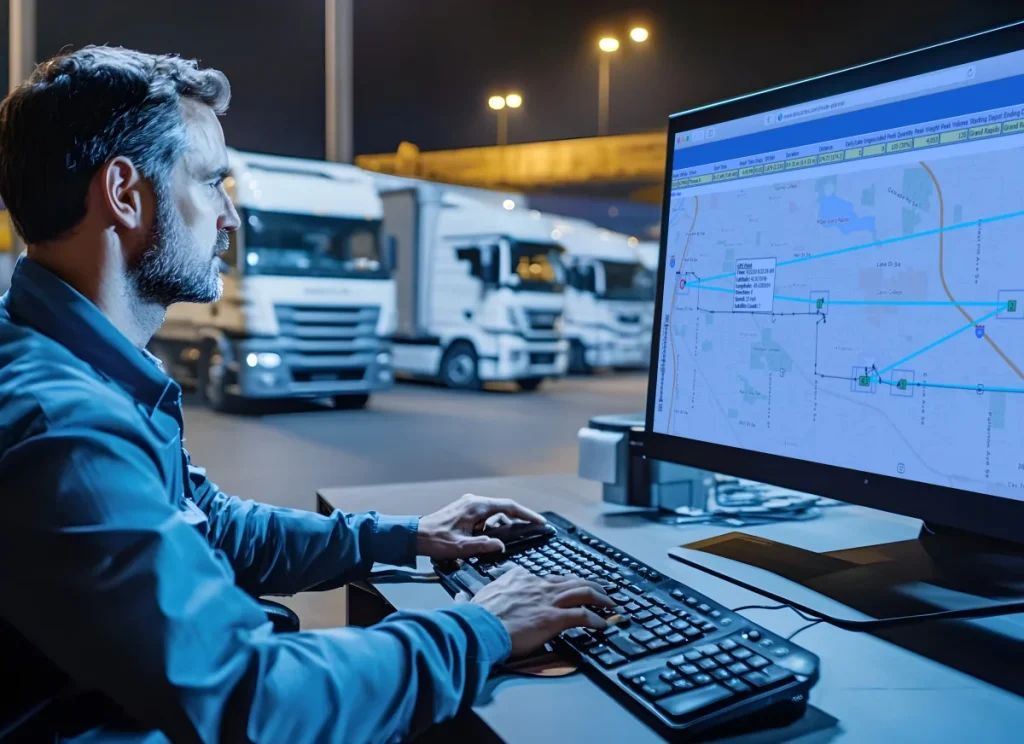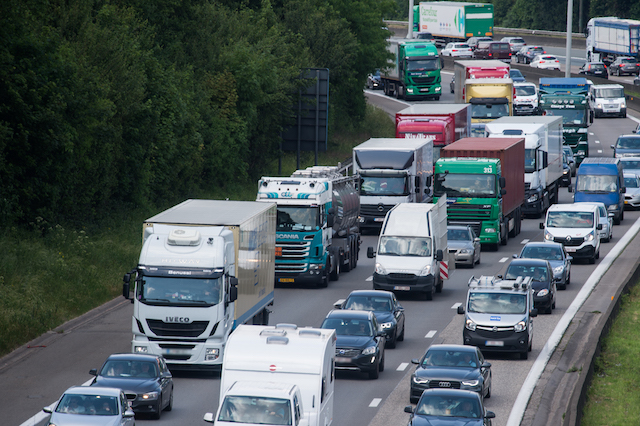A pragmatic and realistic approach on the European Union’s proposed Euro 7 vehicle emissions standards has been embraced in decisions by three key European Parliament committees this week: Internal Market and Consumer Protection (IMCO), Industry, Research and Energy (ITRE) and Transport and Tourism (TRAN).
IRU EU Advocacy Director Raluca Marian said, “We welcome the committees’ decisions in balancing environmental performance with the cost of upgrading technologies. They are setting the right tone to ensure legal certainty and consistency with international standards, while providing a realistic timeline that allows the market to adapt.” 
“It is important to send the right signal for better environmental performance for all available technologies. Different vehicle propulsion systems suit different transport operations. The decarbonisation of the transport sector requires a technologically open framework,” she added.
The newly proposed provision to transmit data over-the-air would now only be optional. In addition, only relevant data related to the emissions behaviour of the vehicle, including pollutant sensor and exhaust flow data, would be transmitted.
“Specific pre-defined in-vehicle data should be made temporarily available, on demand only, to authorised inspectors for periodic testing and roadside inspections under safe conditions, before being thereafter erased,” said Raluca Marian.
“Challenges in terms of technical, safety, security, and privacy requirements should be recognised. Access to in-vehicle data should not interfere with the performance of transport operations,” she added.
A considerable shortcoming of this week’s votes is the committees’ failure to propose a framework of incentives to accelerate the market uptake of Euro 7.
“The current Euro VI rules and its predecessors have always allowed Member States to incentivise uptake of vehicles with the new standard before the norm became mandatory. The Parliament is missing an opportunity to add this into the Commission’s Euro 7 proposal,” concluded Raluca Marian.
Rapporteurs Antonius Manders (Netherlands), Jean Marinescu (Romania) and Massimiliano Salini (Italy), all from the EPP political group, aimed to balance higher emission reduction ambitions for new vehicles to improve air quality, and the resulting costs of upgrading technologies and meeting high-quality technology standards while continuing to support the transition to carbon neutrality.


